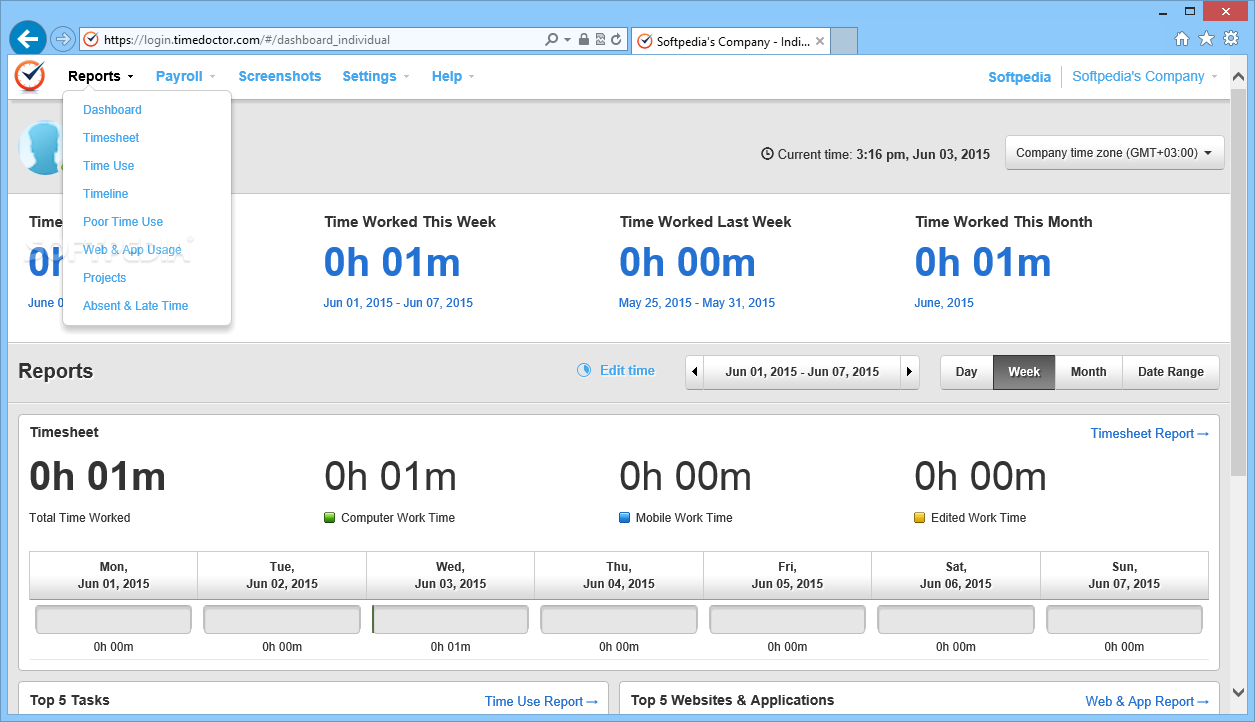

And you can rearrange it all with a new position again if you like. You can move from full-time to part-time without skipping a beat. However, a under-recognized advantage of being a PA is the ease of being able to move into different styles of practice.Īs a PA, you can transition from regular business hours in a clinic to shift work in a hospital. (Only about half of PAs do swap specialities during their career, so don't hang your hat on this one.) You'll undoubtedly hear a lot about having the flexibility to work in different specialties as a PA. And, if you have to relocate for family or personal reasons, it won't be much of a challenge to find an ideal position in your new town or city. Geographic flexibility isn't talked about much, but it's a serious advantage of being a PA.Īs a PA, finding a position nearly anywhere in the U.S. As a PA, you can decide where you want to live first, then look for jobs second. However, being trained as general practitioners, PAs have the advantage of significant flexibility in choosing where to live. Usually, this means being open to several different cities or states as options. While PAs may move to attend PA school, this is much less of a commitment time-wise than relocating for a residency.Īfter training, physicians look for positions in their specialty and hope an opening matches up with somewhere they'd want to live. This may include moving to wherever you match for a residency program. And, that also means that the other two work-life balance perks of being a PA can start having an impact earlier in your life and career.Īs a physician, you often move to where your career takes you.
Part time doctor vs professional#
So, PAs get to start living the good life of the professional phase sooner. In the short term, PAs will be trained faster and be in practice sooner compared to physicians.ĭue to new regulations governing physician residency introduced in the past ten years, the training period for doctors is not nearly as grueling as it once was (and, as a result, is safer for patients).īut, medical school + residency means that physician training lasts 4-5 years longer than PA training. While how much a PA and a physician work during the professional phases of their careers are typically similar, the training period is the exception. Here are the areas where I believe PAs feel that mysterious work-life balance tip in their favor. So if it's not about working less or having a life outside of work, what does a "work-life" balance actually mean? Plenty of physicians have families, often growing them during their residency. The other thinly veiled meaning of the "work-life" balance terminology is the suggestion that PAs can get married and have babies while they're "still young."īut, does that mean that doctors can't? By going to medical school, are you agreeing to a solitary existence until you come up for air after your training is fully completed? If clinic runs late, you probably won't be punching out at 4:30 every day, leaving your physician to wade through the remaining patients alone. If you work in a facility where your collaborating physician takes call, it's likely you'll be a part of the on-call schedule as well. A fundamental part of PA practice is working as a team with a physician.


 0 kommentar(er)
0 kommentar(er)
